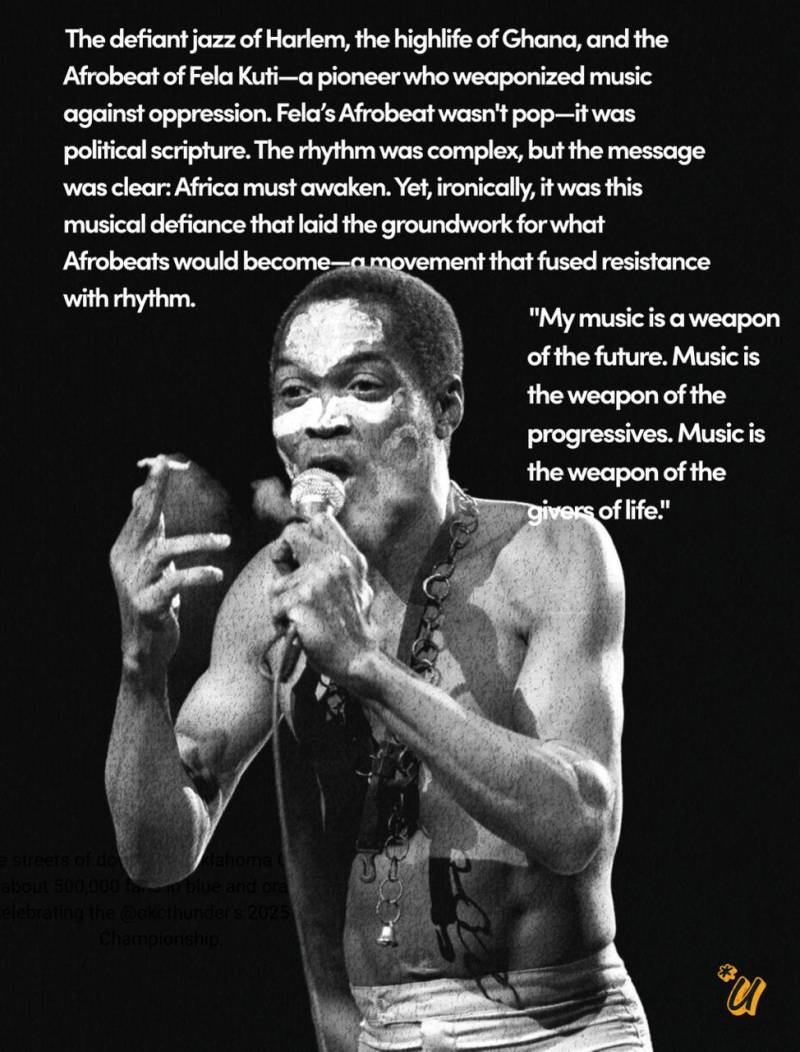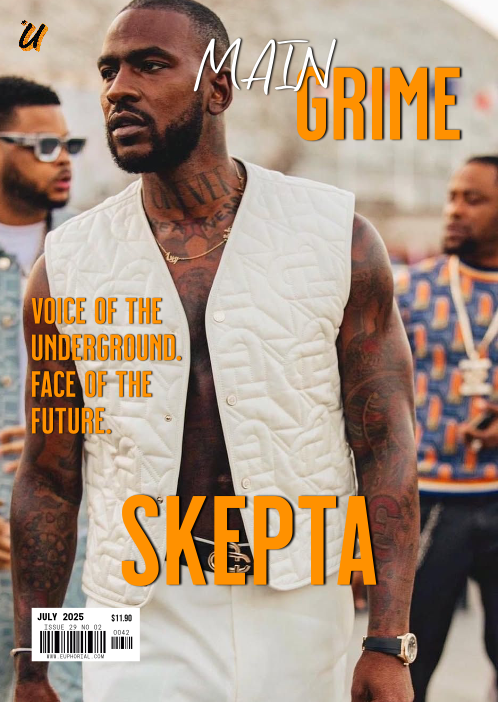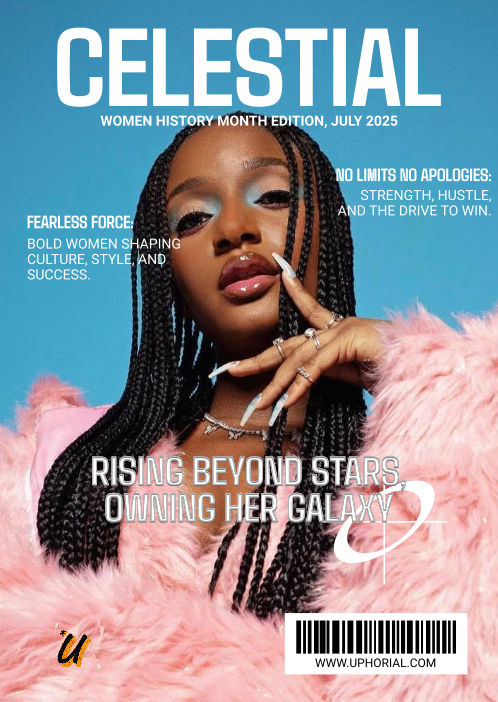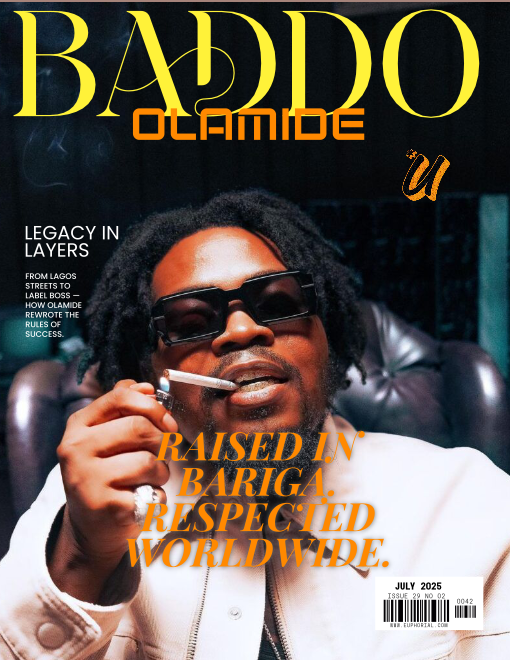In many African households, success used to come in just three forms: doctor, engineer, or lawyer. Anything else was considered “wasted potential,” especially when it came to music. For years, musical talent in Africa was seen as a hobby at best, and a dangerous distraction at worst—an alluring but forbidden fruit that could lead young minds away from “real” professions and toward ruin. But today, that perception has dramatically shifted. Music is no longer just an indulgence; it’s become a legitimate, powerful industry—one of the continent’s brightest golden gems. The transformation didn’t happen overnight. A mix of cultural renaissance, digital access, and global demand has turned African music into a multi-billion-dollar sector, and young African artists are finally gaining recognition not just for their talent but for their business acumen and cultural influence. What was once discouraged is now encouraged—even celebrated. In the same homes where parents once confiscated microphones and forced their children into science classes, these same parents now proudly show off their kids' music videos, streams, and concert posters.
Likewise, there was a time when the rhythmic heart of Africa was deemed too loud, too raw, too rebellious. In colonial parlance, African drums were "primitive"; in postcolonial regimes, they became "subversive." But from the streets of Lagos and Accra to the dancefloors of London, New York, and Tokyo, a sonic revolution was quietly fermenting. Today, that revolution has a name: Afrobeats—a genre once dismissed, now devoured; once forbidden, now a global golden gem. The colonial project didn’t just seek to govern African land, but to mute its sound. Drumming was often banned, and indigenous expression curtailed. But the music endured in the spirituals of the enslaved, the defiant jazz of Harlem, the highlife of Ghana, and the Afrobeat of Fela Kuti—a pioneer who weaponized music against oppression. Fela’s Afrobeat wasn't pop—it was political scripture. The rhythm was complex, but the message was clear: Africa must awaken. Yet, ironically, it was this musical defiance that laid the groundwork for what Afrobeats would become—a movement that fused resistance with rhythm.

Read Also: Ayesha Ofori - Investments To Build Wealth

Afrobeats the Forbidden Fruit to Golden Gem

The African diaspora became both a laboratory and a loudspeaker. From the grime of East London to hip-hop in the Bronx, African cadences reemerged in new forms. The children of immigrants—second-gen Nigerians, Ghanaians, and Congolese—started to reimagine their parents’ sounds, filtered through trap, R&B, dancehall, and electronic music. By the 2010s, a new wave—Afrobeats (with an 's')—began to take shape. Less militant than Fela’s Afrobeat but equally potent in its cultural impact, artists like D’banj, Wizkid, and Davido broke into Western consciousness, not as curiosities, but as creators of global pop gold. What was once stigmatized as “too African” is now exactly what sells. Afrobeats has become the sound of summer, the pulse of parties, the rhythm of global youth. Burna Boy sells out Madison Square Garden. Tems collaborates with Beyoncé and Rihanna. Wizkid tops Billboard charts. The genre now earns Grammy nods, sync deals, and cultural reverence. But perhaps most powerful is the psychological reversal. Young Africans no longer need to assimilate—they can export. They don't borrow from the West; they license to it. What was once the forbidden fruit of a colonized continent is now a delicacy everyone wants a bite of. The genre’s success is not just sonic—it's economic. From fashion to film, Afrobeats has opened doors and wallets. Brands are cashing in. Governments are finally catching up. Nigerian artists are not just performers; they are CEOs, cultural diplomats, and architects of soft power. And yet, the genre resists monoculture. It mutates—infused with amapiano, drill, R&B, soul, and even indigenous folk traditions. It is not a static export; it’s a living, growing body—global in reach, but African at its soul.
This evolution represents a massive cultural shift. The explosion of Afrobeats, Amapiano, and other indigenous genres into the global spotlight has rewritten the rules. Names like Burna Boy, Wizkid, Tiwa Savage, Tems, and Davido aren’t just entertainers—they’re international ambassadors, fashion icons, and economic forces. Their success stories have challenged long-standing African career ideals and shown millions of youth that passion and purpose can pay off—literally. The success of African music is deeply rooted in identity. For years, Western influence dominated the global music scene, and African artists who wanted to "make it" often felt pressured to conform to foreign sounds. But the most remarkable part of this transformation is that it didn’t require assimilation. African musicians found their global audiences by leaning deeper into their roots, their languages, and their rhythms. What was once shunned as “too local” is now celebrated as authentic.
This shift has encouraged a new kind of confidence among young Africans. Parents are starting to accept that creative careers can be just as rewarding—if not more so—than the traditional paths. Some of today’s most successful African artists earn more annually than the average lawyer or doctor. Beyond that, they’re creating jobs, launching record labels, collaborating with global brands, and mentoring others. The music industry now offers entire ecosystems of opportunity: sound engineers, producers, visual artists, dancers, stylists, content creators, and digital marketers.
There’s also a twist: technology. The rise of social media, streaming platforms, and digital production tools has leveled the playing field. A young producer in Jos or Nairobi can upload a beat that goes viral on TikTok and lands them a record deal without ever stepping into a traditional studio. Music distribution is now borderless. Talent, not geography, is the currency of success. Interestingly, this shift hasn’t erased the value of traditional professions—it’s expanded the possibilities. Today’s African musicians often blend creativity with business, law, and tech. They hire legal teams, build tech platforms, and invest in health and education. The modern African artist is not just a performer, but a brand and a business. This fusion of creativity and strategy is changing the way success is measured in African households.
Music has moved from being seen as a rebellious act to becoming a form of cultural leadership. Where it was once forbidden, it is now foundational. The stories told through African songs reflect joy, struggle, history, and hope. They bring people together and project African excellence onto the world stage. In a continent rich with rhythm, talent, and stories, music has proven to be more than entertainment—it’s empowerment. And the next time a child says, “I want to be a musician,” the only response should be,



